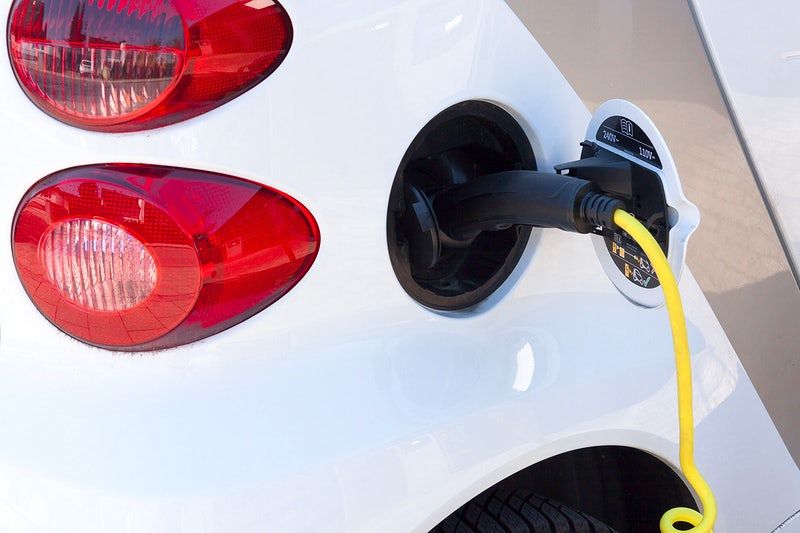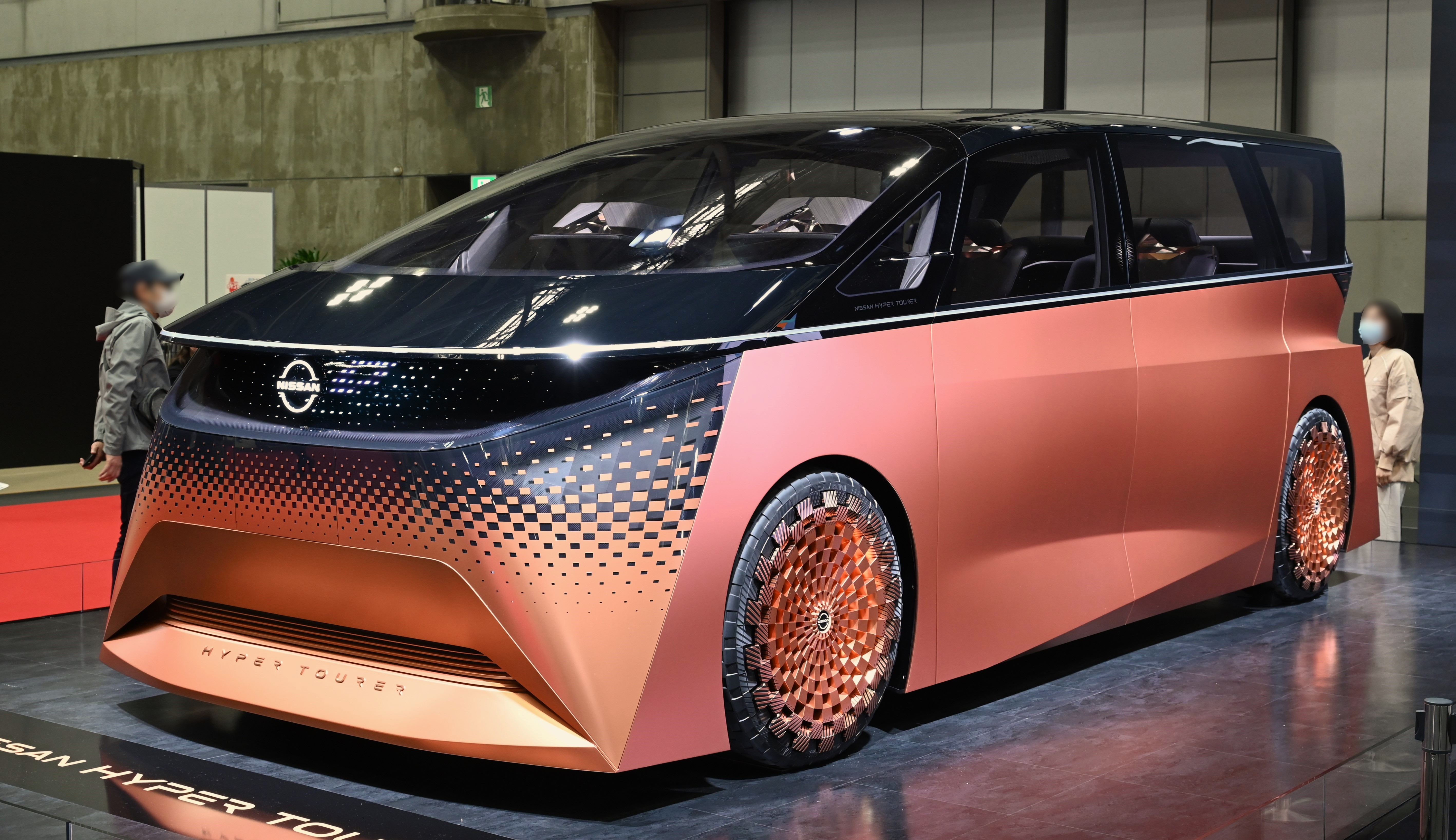
In recent years, the automotive landscape has been undergoing a significant transformation towards electric vehicles (EVs), yet a notable segment of American consumers remains apprehensive about this shift. Even with influential proponents such as President Joe Biden and companies like Tesla advocating for electrification, many individuals still harbor doubts about transitioning to electric mobility.

1. **Environmental Concerns**: While electric vehicles are often marketed as the eco-friendly alternative to traditional gas-powered cars, many consumers are skeptical about their true environmental impact. The entire lifecycle analysis of EVs reveals a significant carbon footprint, often taking years to achieve any form of carbon neutrality. This leads many consumers to question the green credentials of electric vehicles.

2. **High Prices of EVs**: Many electric models carry a noticeably higher upfront price tag compared to traditional vehicles. Despite ongoing technological advancements and innovations, this substantial initial investment poses a significant barrier for the average consumer, along with concerns about potentially higher maintenance costs related to battery replacements and EV-specific repairs.

3. **Charging Infrastructure Issues**: The availability of charging stations is another critical sticking point. Many Americans express discomfort at the thought of being stranded without access to charging infrastructure. As highlighted in surveys, high prices and a lack of easy-to-find charging stations significantly influence potential buyers’ decisions, with many preferring hybrid options for greater flexibility.

4. **Range Anxiety**: The persistent fear of running out of charge before reaching a destination, commonly referred to as ‘range anxiety,’ continues to trouble potential EV buyers. This concern is especially heightened in colder climates, where battery performance can wane, leading to genuine worries about being stranded with an unresponsive electric vehicle.

5. **Material Availability Challenges**: The bold ambitions to shift towards electric vehicles hinge heavily on the availability of materials such as lithium, cobalt, and nickel. However, the soaring demand for these essential resources raises significant concerns about their availability, casting doubt on the feasibility of swiftly transitioning to electric vehicles.

6. **Dependence on Global Supply Chains**: The supply chain for EV components, which often sources critical materials from politically unstable regions or is influenced by trade policies, introduces another layer of worry. Many consumers are understandably cautious about relying on a supply chain that could easily experience disruptions, leading to fears of shortages and price fluctuations that could dissuade them from investing in electric vehicles.

7. **Perception of Tesla**: Tesla, a major player in the EV market, brings with it a complex set of perceptions. The brand’s association with Elon Musk, whose public persona has become increasingly controversial, further complicates Tesla’s appeal. Consumers may feel hesitant to support a brand that is tied to a figure whose actions and statements may be at odds with their own beliefs.

8. **Unpredictability of Elon Musk**: The erratic behavior and controversial statements made by Musk can alienate potential Tesla buyers. For individuals who otherwise appreciate the technology and innovation that Tesla represents, Musk’s unpredictable public persona can be a significant turn-off. Rather than focusing purely on product quality, many consumers are influenced by the brand’s leadership and how it reflects their values.

9. **Concerns Over Vehicle Performance**: While many EVs boast impressive performance metrics, concerns still linger regarding their ability to match the capabilities of traditional vehicles, especially in specific circumstances like towing or heavy-duty use. The assertion that existing technology may not meet the demands of all vehicle types—particularly heavier trucks and commercial vehicles—can lead consumers to question the practicality of going electric.

10. **Skepticism Towards New Technologies**: The rapid pace of change in the automotive industry, particularly in regards to EVs, can lead to skepticism. Many consumers are cautious about adopting new technologies that they perceive as untested or not yet fully developed. The fear of investing in a potentially obsolete technology can hinder consumer interest and willingness to make the leap from conventional to electric.

11. **Cultural Attachment to Traditional Vehicles**: The cultural identity surrounding traditional vehicles plays a significant role in consumer reluctance. For many, driving a gasoline-powered car is not just about transportation; it’s a matter of identity and lifestyle. This attachment can create a significant barrier to embracing electric vehicles, which may be viewed as foreign or radical changes to the automotive experience.

12. **Consumer Perception of EVs**: The way consumers perceive electric vehicles can significantly impact their willingness to purchase one. Many view EVs as a niche market, primarily appealing to eco-conscious buyers. This perception might overlook the advancements in technology and the broader applicability of electric vehicles. Shifting the narrative to showcase EVs as a practical choice for everyone, rather than just a select group, could help to increase consumer interest and adoption.

13. **Concerns About Battery Lifespan**: Battery longevity is a critical factor for many potential EV buyers. The fear that batteries may need expensive replacements after a few years can deter consumers from committing to an electric vehicle. As technology improves, manufacturers are working to create longer-lasting batteries, but the current perception still leans towards skepticism.

14. **Maintenance Myths**: Despite the lower maintenance requirements of electric vehicles, some consumers are still influenced by misconceptions regarding maintenance. Traditional vehicles require regular servicing, while many believe that EVs will still have hidden costs and potential issues. Educating consumers on the actual maintenance needs of electric vehicles could help alleviate these concerns.

15. **Residual Value Concerns**: Another reason potential buyers hesitate is the uncertainty surrounding the resale value of electric vehicles. Many people worry that as more models enter the market, the value of their EVs will depreciate quickly. This concern is compounded by the rapid pace of technological advancements, leading to fears of obsolescence.

16. **Government Policy and Incentives**: Government policies and incentives play a crucial role in shaping EV adoption rates. If consumers view these incentives as inadequate or inconsistent, they may hesitate to make the switch to electric. Consistent and clear governmental support can foster confidence among potential buyers about their decision to embrace electric vehicles.

17. **Lack of Familiarity with EV Technology**: Many consumers simply lack familiarity with electric vehicle technology. The transition from gas to electric represents a significant shift, and for some, it feels daunting. Educational initiatives that demystify EV technology could empower consumers and encourage them to embrace the change.

18. **Cultural Resistance to Change**: Cultural norms heavily influence consumer behavior. In many regions, gas-powered cars are seen as the norm, and the shift to electric is viewed as a drastic change. Addressing these cultural elements by promoting electric vehicles as part of an evolving automotive landscape could help in changing perceptions.

19. **Impact of Social Media and Influencers**: Social media plays a critical role in shaping public opinion today. Positive reviews and endorsements from influencers can sway potential buyers. Encouraging satisfied EV owners to share their experiences through these platforms can help counter negative perceptions and build a more favorable image for electric vehicles.

20. **The Role of Dealerships in EV Sales**: Despite the growing popularity of online sales, traditional dealerships still play a significant role in consumer purchases. Many potential buyers may prefer to see and test drive vehicles in person. Ensuring that dealerships are well-equipped to provide information about electric vehicles could help bridge the gap between consumer hesitation and sales.

While numerous hurdles currently hinder consumers from opting for electric vehicles, proactively addressing these concerns through transparent communication, education, and stable policy support can help reshape perceptions and promote greater acceptance of EVs. As the automotive landscape continues to evolve, surmounting these challenges will be critical in advancing towards a sustainable future.
Related posts:
Many Americans are still shying away from EVs despite Biden’s push, an AP-NORC/EPIC poll finds
Electric vehicles and Elon Musk have serious problems
I love Tesla. I hate Elon.





